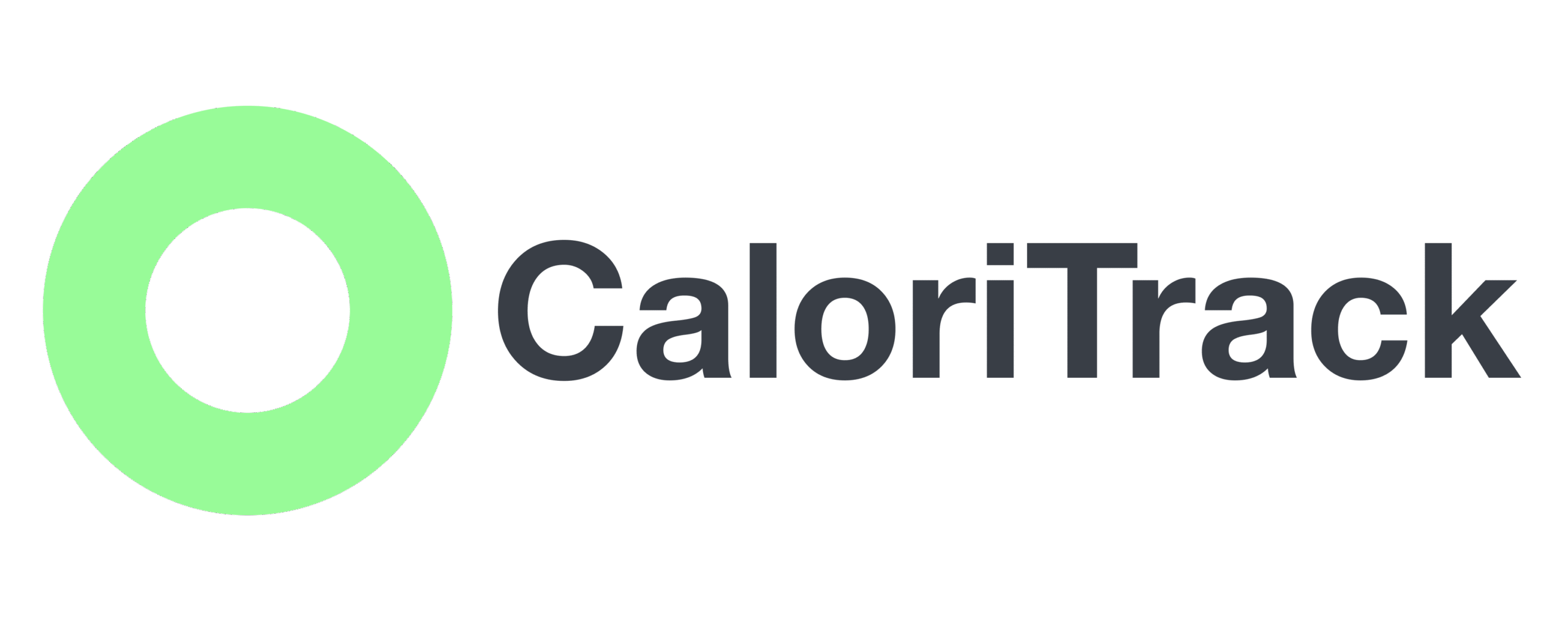
Become the Architect of Your Well-being
The Science Behind Mood Tracking
We’ve all been there. A general feeling of being “off,” a subtle cloudiness without a clear cause, or a fleeting moment of joy we wish we could hold onto. We often navigate our days as passengers of our emotions. But what if you could become the driver?
Registering your mood, whether in a journal or an app like Caloritrack, is more than just a diary; it’s a scientifically-backed mindfulness practice that can fundamentally change your relationship with your inner world. Think of it as turning on the lights in a room that was previously dark. Let’s explore the science behind why this simple habit is one of the most transformative tools for your well-being.
1. From Vague Feeling to Clear Insight: The Power of “Affect Labeling”
Often, we feel a storm of emotions without being able to name them. Is it anxiety, frustration, disappointment, or just fatigue?
The Science: This is where a concept from neuroscience called “affect labeling” comes in. Studies using fMRI scans show that the simple act of putting feelings into words reduces the activity in the amygdala, the brain’s emotional alarm center. Simultaneously, it increases activity in the ventrolateral prefrontal cortex, the region associated with vigilant attention and rational thinking. In simpler terms: naming your emotion calms down the emotional part of your brain and activates the thinking part, giving you an immediate sense of clarity and control.
2. Becoming a Detective of Your Own Mind: Identifying Your Triggers
Once you start labeling what you feel, you can connect it to the why. This is where true self-knowledge begins.
- “I notice my mood drops on days I sleep less than 6 hours.”
- “I always feel more optimistic after my morning walk.”
- “That feeling of afternoon anxiety almost always coincides with my second cup of coffee.”
The Science: This practice is a cornerstone of Cognitive Behavioral Therapy (CBT), one of the most effective therapeutic approaches for managing anxiety and depression. CBT works by helping individuals identify the connections between their thoughts, feelings, and behaviors. By tracking your mood and its context, you are essentially becoming your own therapist, uncovering the patterns that either boost or drain your well-being. This allows you to shift from a reactive state to a proactive one.
3. Processing, Not Suppressing: The Health Benefits of Expressive Writing
Writing down your feelings does more than just get them out of your head; it helps you process them in a structured way.
The Science: Dr. James W. Pennebaker, a social psychologist at the University of Texas, pioneered research on “expressive writing.” His extensive studies found that people who wrote about emotionally significant experiences for just 15-20 minutes a day showed remarkable long-term benefits, including improved immune function, lower blood pressure, fewer visits to the doctor, and enhanced mental well-being. Externalizing your thoughts creates a healthy distance, making them feel more manageable and less overwhelming.
4. Rewiring Your Brain for Happiness: The Magic of Neuroplasticity
Mood tracking isn’t just for difficult emotions. Actively noting moments of joy, gratitude, or peace is equally important.
The Science: This practice leverages the principle of neuroplasticity—the brain’s ability to reorganize itself by forming new neural connections. When you consistently focus on positive experiences, you strengthen the neural pathways associated with them. It’s like working out a muscle. Over time, you train your brain to more readily notice the good in your life, fostering a more optimistic and resilient mindset.
How Caloritrack Elevates This Practice
While manual journaling is powerful, an integrated tool like Caloritrack takes it to the next level by turning your data into wisdom. Our platform is designed to be a holistic health coach, and connecting your mood to other pillars of your well-being is key. By logging your nutrition, sleep, and activities alongside your emotional state, you create a rich dataset for self-discovery. The goal is for you to begin seeing the subtle connections between your habits and your feelings.
This is the magic of Caloritrack: it doesn’t just let you record data; the AI Coach helps you connect the dots, transforming self-awareness into actionable steps for a better life.
By understanding the science, you can see that mood tracking is not a passive activity. It’s an active process of dialogue with yourself, a tool to master your well-being and empower your life.
Scientific References and Additional Readings
Affect Labeling and Emotion Regulation
- Lieberman, M. D., et al. (2007). Putting feelings into words: affect labeling disrupts amygdala activity in response to affective stimuli. Psychological science, 18(5), 421–428.
- Summary: The foundational study that used fMRI to demonstrate that naming emotions reduces activity in the amygdala (the brain’s alarm center) and activates the prefrontal cortex, aiding in emotional control.
- Link: UCLA Social and Affective Neuroscience Lab
- Torre, J. B., & Lieberman, M. D. (2018). Putting Feelings Into Words: Affect Labeling as a Form of Implicit Emotion Regulation. Emotion Review, 10(2), 116-124.
- Summary: A more recent review that explores how affect labeling functions as an implicit form of emotion regulation, meaning it provides benefits without a conscious effort to control the emotion.
- Link: Institute of Coaching
Expressive Writing
- Pennebaker, J. W. (1997). Writing About Emotional Experiences as a Therapeutic Process. Psychological Science, 8(3), 162-166.
- Summary: One of the key articles by Dr. Pennebaker, a pioneer in this field, which summarizes how writing about emotional experiences acts as a therapeutic process with measurable health benefits.
- Link: Sage Journals
- Frattaroli, J. (2006). A meta-analysis of the expressive writing literature. Journal of consulting and clinical psychology, 74(5), 871.
- Summary: A comprehensive meta-analysis that reviews multiple studies on expressive writing, confirming its modest but statistically significant overall positive effect on physical and psychological health.
- Link: APA PsycNet
- Baikie, K. A., & Wilhelm, K. (2005). Emotional and physical health benefits of expressive writing. Advances in Psychiatric Treatment, 11(5), 338-346.
- Summary: A review article that details the wide range of documented benefits of expressive writing, from improved immune system function to fewer doctor visits and enhanced psychological well-being.
- Link: Cambridge University Press
Mood Tracking and Well-being
- Cho, S., Lee, M., & Kim, J. (2019). Mobile apps for mood tracking: an analysis of features and user reviews. JMIR mHealth and uHealth, 7(5), e13233.
- Summary: This study analyzes the features of mobile mood-tracking apps and user reviews, concluding that users utilize them to understand their mood patterns, improve their mood, and self-manage their mental health.
- Link: PMC – National Center for Biotechnology Information
Neuroplasticity and Wellness Practices
- Hanson, R. (2013). Hardwiring Happiness: The New Brain Science of Contentment, Calm, and Confidence. Harmony Books.
- Summary: Although a book, this is a key reference that accessibly explains how positive experiences and mindfulness practices (like gratitude) can physically change the brain’s structure and function due to neuroplasticity.
- Link: Author’s Website
- Fox, G. R., et al. (2015). Neural correlates of gratitude. Frontiers in psychology, 6, 1491.
- Summary: A study that investigates which brain areas are activated when feeling gratitude, showing a connection to regions associated with social cognition, perspective-taking, and reward.
- Link: Frontiers in Psychology
- Wong, Y. J., et al. (2018). Does gratitude writing improve the mental health of psychotherapy clients? Evidence from a randomized controlled trial. Psychotherapy Research, 28(2), 192-202.
- Summary: A randomized controlled trial that found psychotherapy clients who practiced gratitude writing reported significantly better mental health than those who did not.
- Link: Taylor & Francis Online














